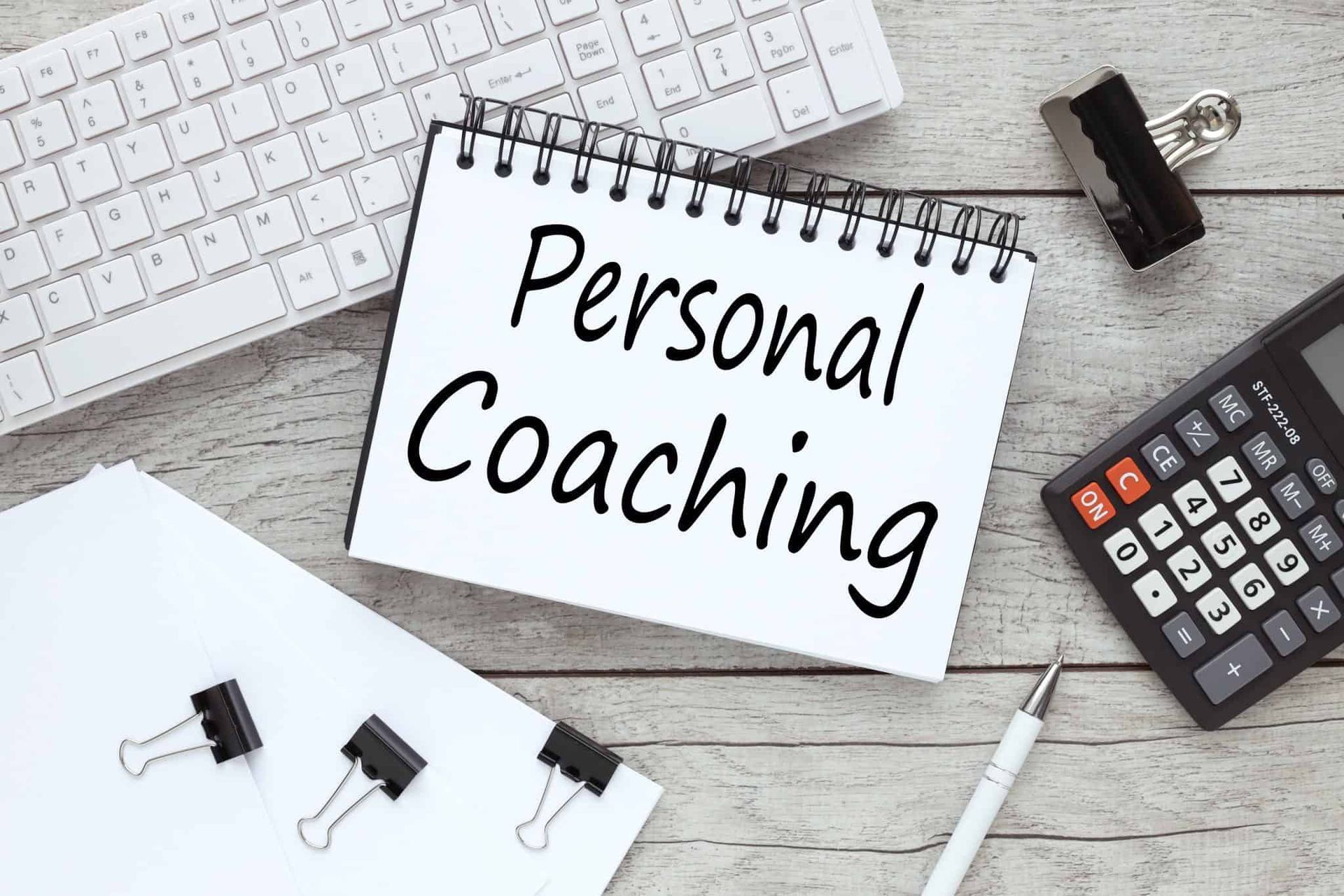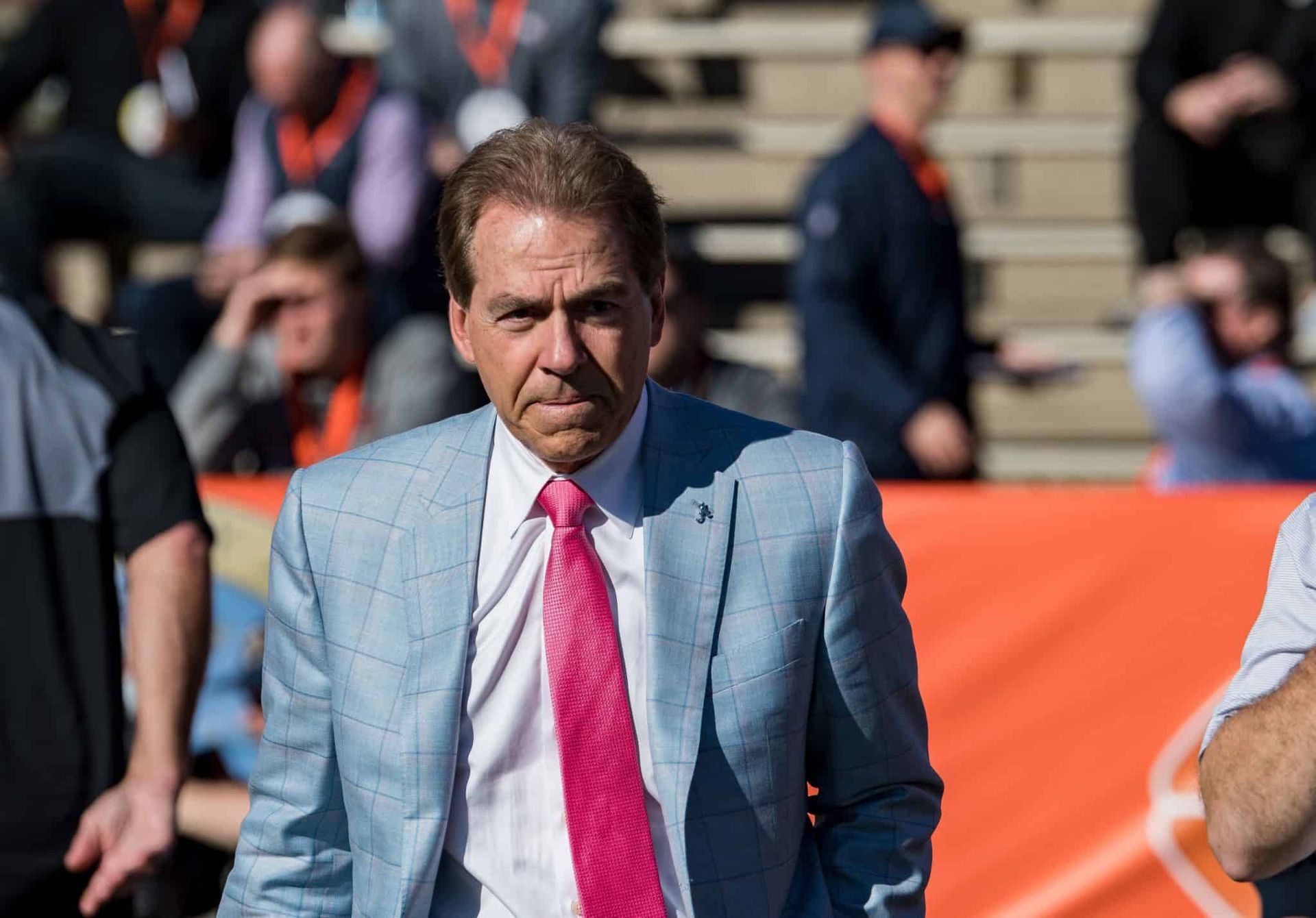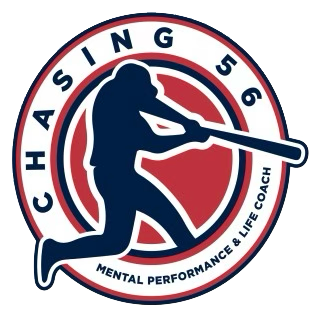The 7th Level Athlete
The 7th Level Athlete

Becoming a 7th-level athlete is a journey rooted in self-awareness and the lessons I learned through the IPEC Coaching Program.
It’s not just about physical talent; it’s about how you think, react, and grow.
The real game-changer is your ability to understand your own energy and choose how you show up in every moment — whether in sport, school, relationships, or life.
One of IPEC's core tools is Bruce Schneider’s 7 Levels of Energy. These levels aren’t about right or wrong—they’re a framework to help you recognize how your mindset impacts your performance and daily life.
Each level carries a different energy, and learning how to shift between them is like learning how to change the channel in your mind. Let’s break down three key mental skills that come from this approach:
Awareness
It starts here. Awareness is your ability to recognize your feelings and thoughts in real time. Do you spiral when things go wrong? Do you hold onto a mistake too long? Do you go into autopilot for long stretches of the day? When you’re aware of the energy you’re in, you gain the power to shift out of it.
Coaching Tip: In a game or training session, pause and ask, “What energy level am I in right now?” That single check-in can disrupt negative cycles and open space for growth.
The Power to Choose Your Mindset
Once you have awareness, the next step is choosing how you respond. This is the essence of empowerment, leadership, and resilience— deciding how to show up no matter what’s happening around you. Through IPEC’s model, you learn to recognize that emotions like anger, doubt, or blame (levels 1 and 2) are temporary and shiftable.
Coaching Tip: When pressure builds, don’t just react. Take charge of your breath and choose: “What energy serves me right now?”
Letting Go of Perfectionism
Perfectionism is one of the biggest traps in sports. The IPEC approach teaches you to anchor into progress and presence, not perfect outcomes. The higher energy levels (Levels 5–7) allow you to play freely, creatively, and without fear.
Coaching Tip: Focus on who you want to be on the field — not just what you want to do. Your presence is more important than perfection.
Here’s a quick look at the 7 Energy Levels:
- Level 7 – Absolute passion, unconditional love, pure flow
- Level 6 – Joyful, fearless, connected, in the zone
- Level 5 – Calm, confident, purposeful
- Level 4 – Supportive, grateful, team-focused
- Level 3 – Tolerant, practical, coping
- Level 2 – Ultra-competitive, controlling, blame-driven
- Level 1 – Fearful, doubtful, disengaged
By understanding your energy and mindset — and learning how to shift them — you gain a true competitive edge. You’ll show up more consistently, recover faster from setbacks, and lead both yourself and others with greater clarity and purpose.
If you're curious where your energy stands right now, the Energy Leadership Index (ELI) is a powerful assessment I offer to all my clients. It reveals how you respond to stress, pressure, and everyday challenges — and more importantly, how you can shift toward a mindset rooted in confidence, control, and long-term growth.
If you find a path with no obstacles, it probably doesn’t lead anywhere."
— Frank A. Clark





